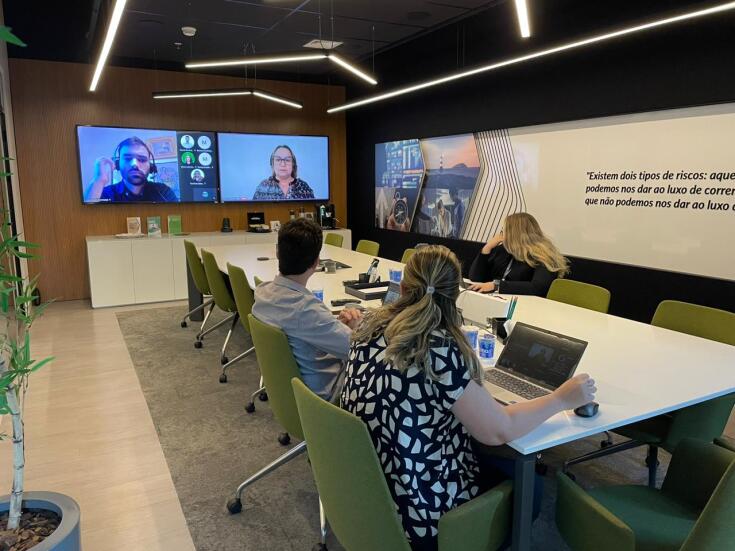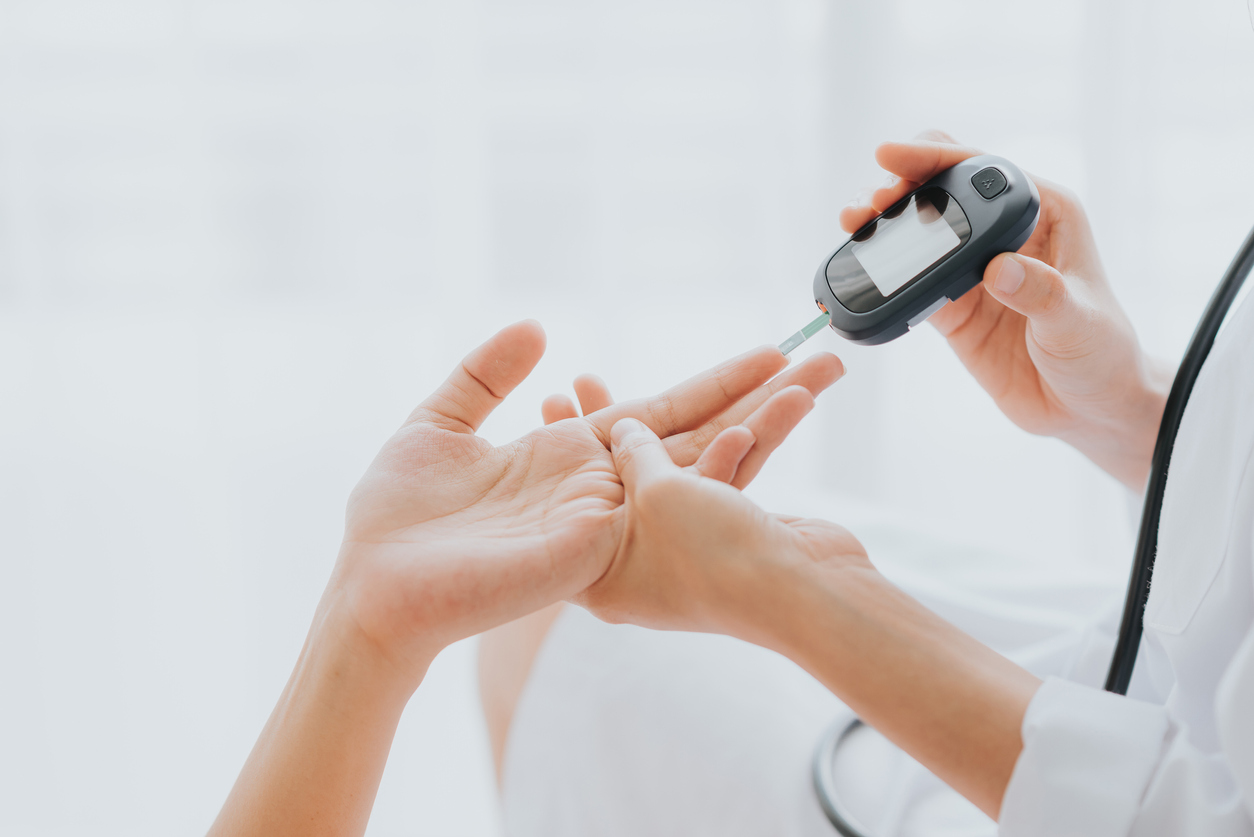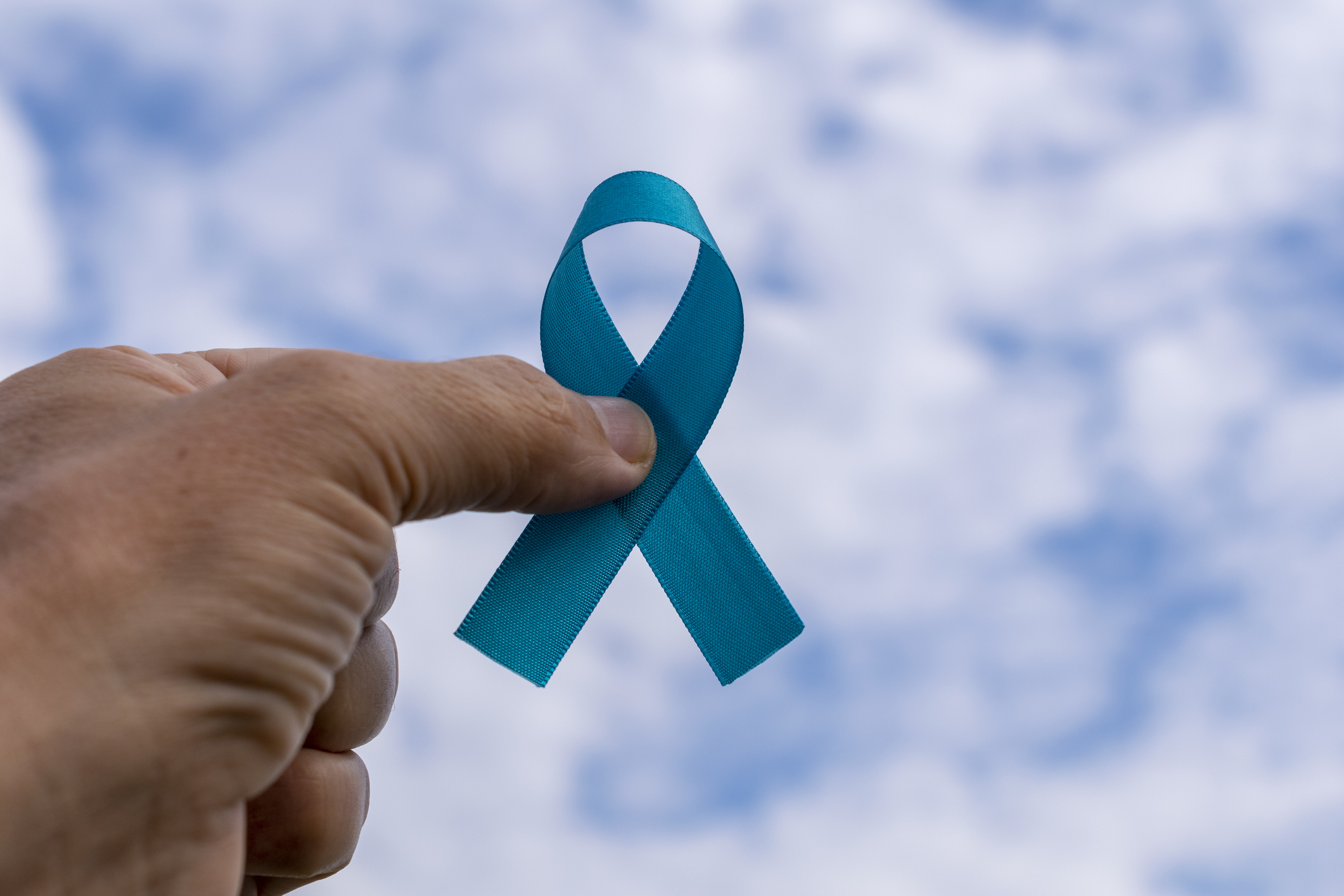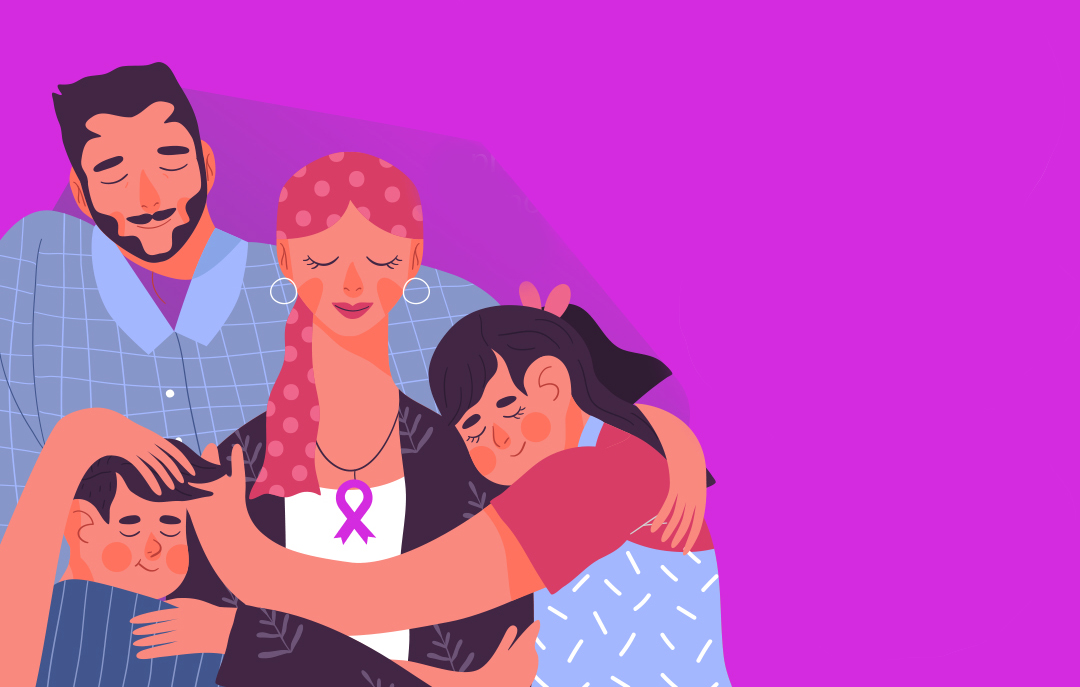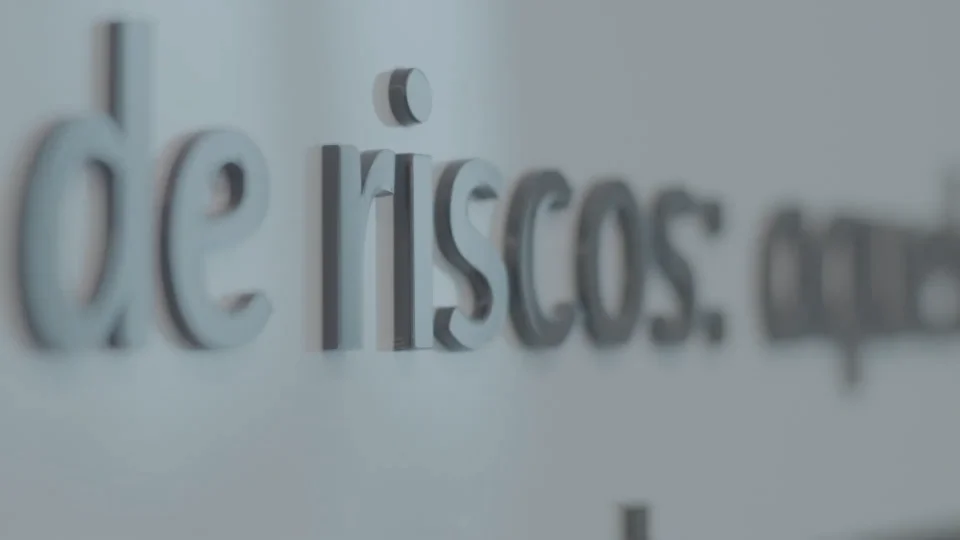Mental health: breaking down stigmas and prioritizing care

Written by: Horiens - 04/09/2023
We live in a society that overvalues the ideal of the perfect life, leaving little room for the vulnerabilities that are part of any human being’s experience. On the internet, people share memorable moments, in paradisiacal places, with great company. But when it comes to dealing with their own weaknesses or the emotional difficulties of someone close to them, there is often a lack of skill.
“You have everything, a great job, a family that loves you. How can you be depressed? Look on the bright side!”. For some people, this kind of argument may sound like a “pep talk”, but it’s actually a clear example of what not to do when faced with someone in psychological distress.
When it comes to mental health, there are many myths and prejudices that make it difficult to properly welcome those in need. It’s likely that you’ve heard someone say “That’s just for attention” or “It’s just a phase, it’ll pass soon”, when referring to a person with depression, for example.
Meanwhile, every 45 seconds, a person takes their own life in the world and in most cases the cause is related to some mental illness. Suicide is a public health problem with significant social impacts, which is why its prevention is the central focus of the Yellow September campaign. The aim is to inform and make society aware of the issue.
“Our society doesn’t look at mental health as it should. There’s a myth that anyone who goes to therapy is crazy, so campaigns like Yellow September are fundamental. When I know myself, when I take care of myself, it impacts on all areas of my life. People understand technical issues, but they don’t know how to deal with their own emotions, they don’t know how to listen to others, and when they do, it’s often with a judgmental attitude,” says Daniele Rafael, a specialist in Nonviolent Communication.
Daniele, who for two years worked as a volunteer for the Center for Valuing Life (CVV), offering free emotional support to the population, points out that empathetic listening is one of the most important tools for welcoming people. “It’s essential to talk about what you’re feeling and often people don’t find that space. Just the fact of exposing what is happening, without being judged or repressed, already has a significant impact. I’ve often seen people call sad or desperate and after 10 minutes they’re in a different mood,” she says.
Leaving mental health aside or trying to deal with emotional problems on your own when they start to impact on different areas of your life can lead to a risky condition. That’s why it’s important to seek specialized help, especially when faced with signs such as discouragement and lack of pleasure in activities, self-deprecation, isolation, neglect of personal hygiene, self-injury, substance abuse and irritability.
If you feel something is wrong, don’t let prejudice stop you from seeking help. The earlier you seek help, the better to take preventative action on your health. Rely on your health insurance plan to find professionals who will help you on your journey towards a life of greater well-being. Click here to find out more.

